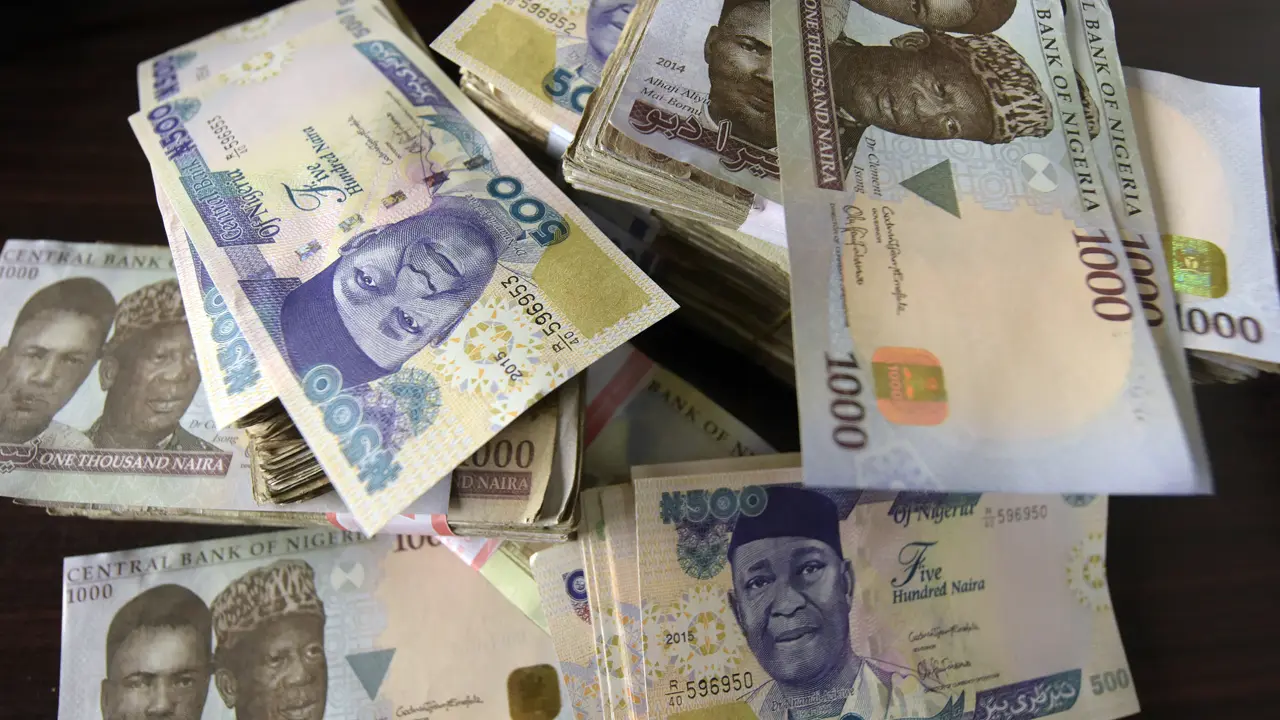The Central Bank of Nigeria, CBN, has sucked in around N1.81 trillion from the Currency Outside Banks, CoB, while plummeting Currency-in-Circulation to N1.4 trillion in January 2023 as a result of the adoption of the Naira redesign and elimination of old banknotes.
Though this development is in line with the policy plan of the apex bank, financial experts have, however, indicated that the development may lead to a further rise in inflation and contraction of the nation’s economy in the first quarter of the year, Q1’23.
Meanwhile, the CBN said that the old N500 and N1,000 expired as legal tenders on February 10, urging Nigerians to redeem their stock of old notes at its offices.
Speaking to newsmen on condition of anonymity, a CBN source said: “In line with Sections 20(3) of the CBN act , the CBN is meant to ensure that those who have old notes but didn’t have the opportunity to deposit them into their banks before February 10, 2023, are able to redeem their stock of the old notes at the CBN for value. Anyone who wishes to do so, has only one / singular opportunity to do so at the CBN after the notes have lost their legal tender status on February 10, 2023. No person is allowed to redeem his/ her notes more than once.
“This is what the CBN is trying to do. To redeem your old notes, you are meant to complete a form on CBN website where you get a CBN code to redeem your old notes. To reduce the crowd at the CBN, it mandated the banks to collect sums below N500,000. As far as CBN is concerned, the old N500 and N1,000 have since expired after February 10 and cannot be accepted as means of exchange for goods and services.”
Meanwhile, the cash crunch across the country is expected to ease this week, as banks yesterday commenced issuance of N200 notes across the counter and through the ATMs.
Survey showed that a lot of banks’ branches opened to the public yesterday collecting old N500, N1,000 as well as paying out N200 notes to customers who came for cash withdrawals.
Investigations showed that the banks however imposed limits on the amount of N200 notes issued to their customers.
Speaking to newsmen on condition of anonymity, the branch manager of a first generation bank explained that the bank imposed a maximum limit of N5,000 for withdrawals across the counter and N10,000 for ATM withdrawal.
Nigerians deposit N1.81trn
Following the announcement of its decision to redesign and replace the N200, N500 and N1000 notes with new ones, the CBN initially gave Nigerians up to January 31st to deposit the old notes into their bank accounts. The deadline was later extended to February 10th.
CBN Money and Credit data for January showed that Nigerians in response to the initial deadline deposited N1.81 trillion into the banking system in January. Consequently, Currency Outside Banks, CoB fell month-on-month (MoM) by 70 per cent to N788.9 billion in January 2023 from N2.6 trillion in December 2022.
Also reflecting the impact of the initial deadline, currency-in-circulation (CIC) fell MoM by 54 per cent to N1.38 trillion in January 2023 from N3 trillion in December 2022 amidst the naira scarcity experienced in the country.
PoS agents lament the situation
But the Association of Mobile Money and Bank Agents in Nigeria, AMMBAN, lamented the impact of the sharp decline in CoB on its members, commonly referred to as PoS agents.
AMMBAN President, Olojo Victor, said 90 per cent of PoS agents have closed shop as a result of the cash scarcity, worsened by low supply of the new naira notes.
He said: “It is very disturbing. The PoS business is adversely affected. As I speak to you, 90 per cent of PoS agents in Nigeria today have either closed shops or don’t have cash to do business.
“As a matter of fact, even our people have become targets of the protests. So we are going through a lot of issues.
“We hope that there will be some form of remedy or solution to the current situation on the ground. But the reality is that our business is affected and many agents are right now jobless with no means at all of making ends meet.
“The reality is the new notes are not available. The banks are not giving them out. There is an intense scarcity of cash. Nigerians are going through a very difficult time at the moment.
“We hope that this problem will be resolved and settled at the earliest possible time. That is where we stand at the moment.”

